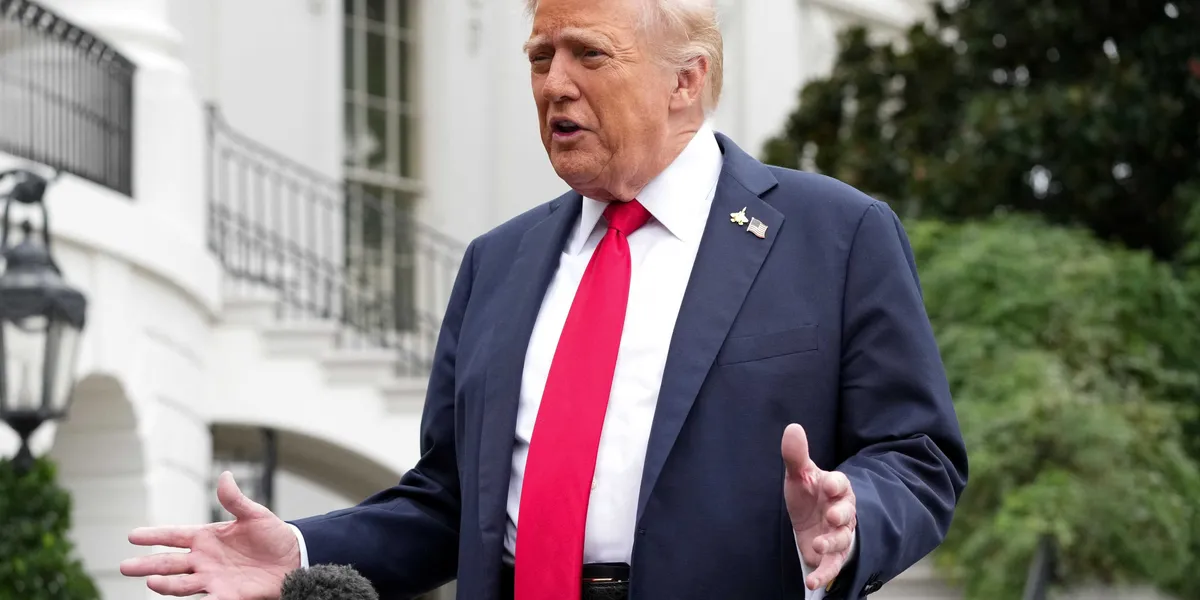Copyright nyasatimes

“The unique challenges faced by African countries to effectively implement tobacco control policies and programmes include limited resource and structural capacity,” observes Sahan Lungu, an expert in global Tobacco Harm Reduction (THR) initiatives. Lungu, who is THR-Malawi Programmes Coordinator, contends that as a result of these challenges, “most African countries lack robust smoking cessation programmes that aid smokers with screening, diagnosis, advice, evidence-based cessation aids and support.” “Even when tobacco control policies and laws are passed, limited resources make enforcement weak,” says Lungu in an exclusive interview with Nyasa Times. He adds that another challenge is tobacco use competes with other national health priorities. “In most African countries, communicable diseases such as malaria, HIV/AIDS, tuberculosis, and diarrhea diseases remain the leading causes of mortality and morbidity, especially in sub-Saharan Africa,” Lungu said. “The need to address these immediate health crises means that tobacco control is often underprioritized.” He added that although tobacco use is one of the major risk factors for non-communicable diseases (NCDs), it is still the fastest-growing cause of death and a significant burden on healthcare systems. Lungu noted that the enforcement of tobacco control policies is not always aligned with the needs of African tobacco users. “Due to the strong influence and presence of global agencies such as the World Health Organisation (WHO), which advocates for prohibition, African countries are forced to adopt strict tobacco control policies including strong restrictions on THR products. This can come at the expense of providing smoking cessation and treatment options for African tobacco users,” he explained. He also highlighted that there is limited awareness of the specific health harms associated with tobacco use, as well as a lack of knowledge of safer nicotine products, healthcare provider training and support programs to help tobacco users quit smoking cigarettes. “Africa is still one of the regions where tobacco use has been estimated by the WHO to increase over time. Due to porous tobacco control, the tobacco industry is able to aggressively market in Africa — contributing to smoking initiation and continued use. “The tobacco industry expansion in Africa has made cigarettes far cheaper and widely accessible, thus increasing smoking prevalence. For some Africans, cigarette-smoking is rooted in cultural traditions, making behaviour change complex.” When asked how Malawi’s tobacco industry impacts public health, and what alternatives are being explored, Lungu referred to a paper he co-authored, titled ‘The Interplay of Tobacco Farming and Tobacco Control: Exploring Socioeconomic and Health Dynamics in Malawi’; https://pmc.ncbi.nlm.nih.gov/articles/PMC12039624/#puh270008-bib-0017, and added that tobacco use in Malawi led to over 5,400 deaths in 2021. “Tobacco use leads to huge economic costs on Malawian healthcare expenditure and lost productivity due to disease and premature death. Tobacco farmers are also exposed to unhealthy levels of nicotine due to handling tobacco without proper gear, leading to illness. “Tobacco farming contributes to food insecurity as land meant for food crops is diverted to tobacco. In Malawi, exports of raw tobacco remain the highest forex earner for the country as in the 2024-2025 tobacco market season, tobacco earnings hit 530 million U.S. dollars, which is over 50% to the country’s foreign exchange earnings and 13% of the economy. Lungu said that, “Often, countries who are heavily reliant on tobacco for the economy like Malawi, lack tobacco control policies that cross-cut both economic and public health interests. The belief perpetuated mostly by industry players is that implementing tobacco control would have a detrimental impact on the tobacco economy, although there is limited evidence to back this. As a result, public health priorities for tobacco control are left unmet.” Lungu further observed that Malawi is in a complex position. “On the one hand, tobacco revenue has been steadily increasing in the past few growing seasons, prompting the Malawian government to invest more into the crop. On the other hand, mounting global anti-tobacco lobbying, fluctuating prices and the fall of global demand for tobacco is forcing the government’s hand to embrace tobacco control. The country recently ratified the WHO Framework Convention on Tobacco Control (FCTC) in August 2023.” “This is a step forward towards comprehensive tobacco control and demonstrates a commitment to reducing the health burden of tobacco. However, the FCTC generally promotes cessation and prevention, and its stance on novel nicotine products can be interpreted as cautious or even restrictive to both production and Harm Reduction ambitions,” said Lungu. He noted that the Malawian Government and other non-government stakeholders are committing resources to crop diversification programs to support the strategic exit from tobacco over reliance and, at the same time, the government is looking to invest and grow other industries, such as mining and tourism, to supplement tobacco revenue. He further said that the Malawian government “created both the coordination unit and the National Task Force on Tobacco Control to head the implementation of tobacco control, and together with the WHO, a needs-assessment was conducted to evaluate policy, institutional capacity and identify gaps for effective implementation of the FCTC”. “In the 2025-2026 National Budget, the government of Malawi imposed high tariffs, up to 200%, on the import of new-age tobacco products, including shisha and vaping devices (dubbed luxury items), which went into effect on April 1, 2025. However, it is unclear if this decision was in line with the FCTC’s high taxation directive or if it was just another way for the government of Malawi to expand its revenue base — as the then Finance Minister had alluded to in the budget statement,” said Lungu. He further noted that lack of resources, economic reliance on tobacco, an incomplete legal/policy framework, and the threat of industry influence/interference remain some of the biggest challenges to implementation, and suggested that Malawi’s tobacco farmers can be supported in diversifying their crops and livelihoods by: Creating stable markets for alternative crops backed by robust systems. Tobacco has been able to thrive in Malawi because it has a stable well-established market, and entrenched public and private institutions that have a lot invested in the crop’s value chain. Providing technical and financial support for research and development of improved crop varieties, soil health, crop management and sustainable agricultural practices. Providing and enhancing the capacity of agriculture extension services to support farmers and supporting initiatives that promote alleviating food insecurity Strengthening mechanisms that protect farmers from industry practices such as predatory contract farming agreements. He cited that a 2025 study by Moyo et al. on tax and NCDs that talked about tobacco and alcohol consumption in five Sub-Saharan African countries, including Malawi — and which indicates that increasing taxes on major health risk factors, in this case tobacco cigarettes, is necessary to reduce NCDs. Lungu said that this aligns with the propositions advocated by the WHO, which suggest that higher cigarette prices due to high taxes discourage a lot of tobacco users; thereby having positive outcomes on public health. “Evidence to support whether or not higher taxes limit the use of THR products in Malawi is limited, but we can speculate that higher taxes, as those recently imposed on alternative nicotine devices, can hinder tobacco users from accessing them and inversely affect successful quitting rates,” said Lungu. He further noted that cigarettes are still relatively cheap in Malawi — meaning that tobacco users have affordable access to them, and if tax is collected on the sale of these cigarettes, then it is a noteworthy revenue stream for the country. When asked how Malawi’s health system can be strengthened to address tobacco-related illnesses, Lungu suggests developing context-based programs that raise awareness about the health effects of harmful tobacco use, the advantages of quitting and offering support for those trying to quit. Furthermore, he sad that to enhance the capacity of healthcare workers in screening, detecting and treating tobacco-related illnesses, we need to develop health management information systems that manage patient data and link illnesses to causes such as smoking cigarettes, and to enact robust tobacco control laws that protect people from tobacco use and provide treatment support.”



